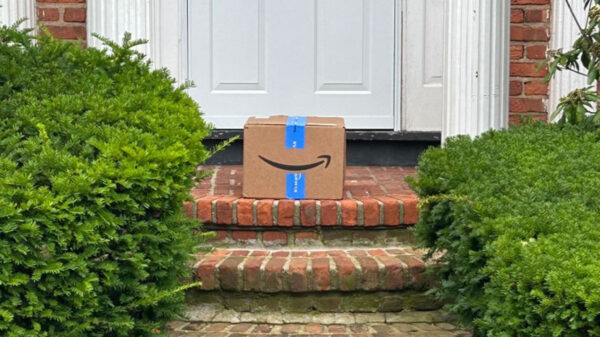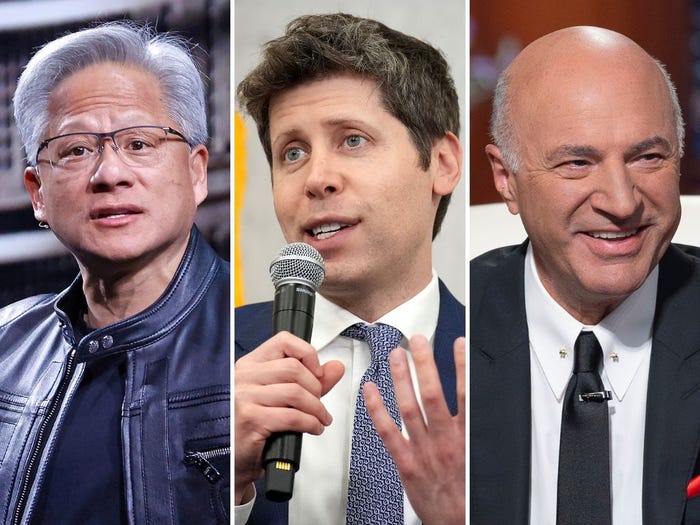UPDATE: Business leaders are urgently responding to President Trump’s startling announcement of a $100,000 application fee for new H-1B visas, a move that is set to shake the foundations of the U.S. tech industry. This significant fee was revealed in an executive order signed on Friday, affecting the highly sought-after visa program that facilitates the hiring of foreign talent in critical roles.
The Trump administration’s decision, which applies solely to new applicants and not those renewing their visas, has raised alarms among major tech firms like Amazon, Meta, and Microsoft. These companies have advised their H-1B visa employees to remain in the U.S. or return swiftly if currently overseas. The H-1B visa program allows roughly 85,000 new visas to be issued annually, making it a vital component of the workforce for many American companies.
Jensen Huang, CEO of Nvidia, voiced his support for the fee during a CNBC interview on Monday, expressing optimism about Trump’s immigration policies. “We want all the brightest minds to come to the U.S.,” Huang noted, emphasizing that immigration is a cornerstone of the American dream. He also highlighted a recent $100 billion investment Nvidia is making in OpenAI, signaling confidence in the future of tech innovation in the U.S.
In stark contrast, Kevin O’Leary, a prominent investor and “Shark Tank” star, warned that the hefty fee could stifle innovation. He stated, “This does hurt innovation long-term,” arguing that many successful companies began in garages and relied on international talent. O’Leary suggested that instead of charging foreign graduates, the government should incentivize them to stay in the U.S.
Meanwhile, Reed Hastings, co-founder and chairman of Netflix, praised the fee as a “great solution” compared to the existing lottery system. In a post on X, he stated that the fee would ensure the H-1B visa is reserved for “very high-value jobs,” eliminating the lottery and providing more certainty for employers.
Sam Altman, CEO of OpenAI, also backed the fee, noting that aligning financial incentives could streamline the immigration process. “We need to get the smartest people in the country,” he affirmed, echoing sentiments of urgency for a skilled workforce.
The implications of this fee are profound, as the tech industry relies heavily on H-1B visa holders for their expertise in technology and engineering. The move has prompted fears that the U.S. may become less attractive to foreign talent, potentially driving skilled professionals to other countries.
As this story develops, industry leaders and employees alike are watching closely. The immediate future of the H-1B visa program—and the American tech landscape—hangs in the balance.
Next Steps: Stakeholders are urged to monitor further statements from the Trump administration and Big Tech companies as they navigate this significant policy change. The impact of the $100,000 fee on innovation and employment trends will be crucial to observe in the coming weeks.
Stay tuned for updates on this pressing issue as more reactions from business leaders and policymakers emerge.






































































